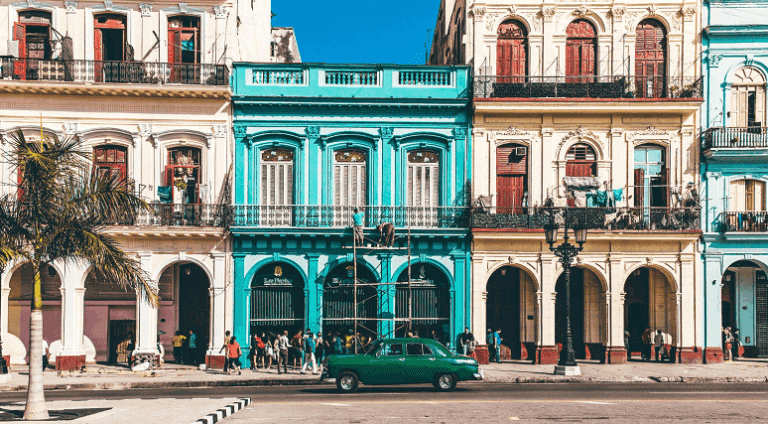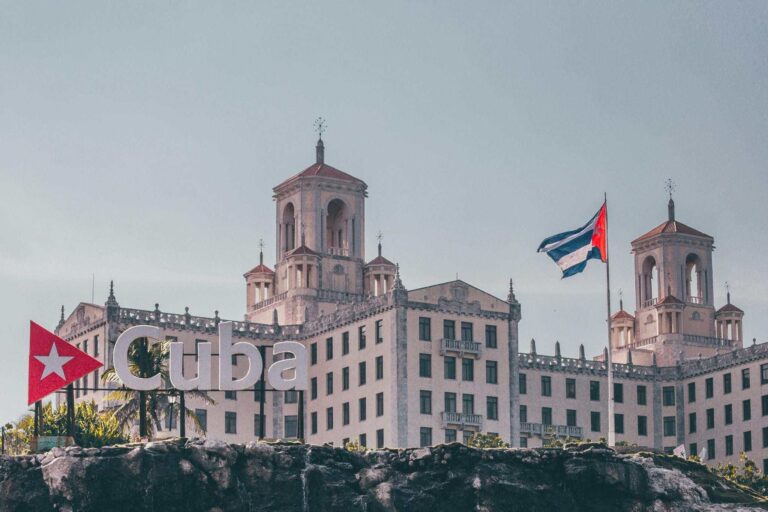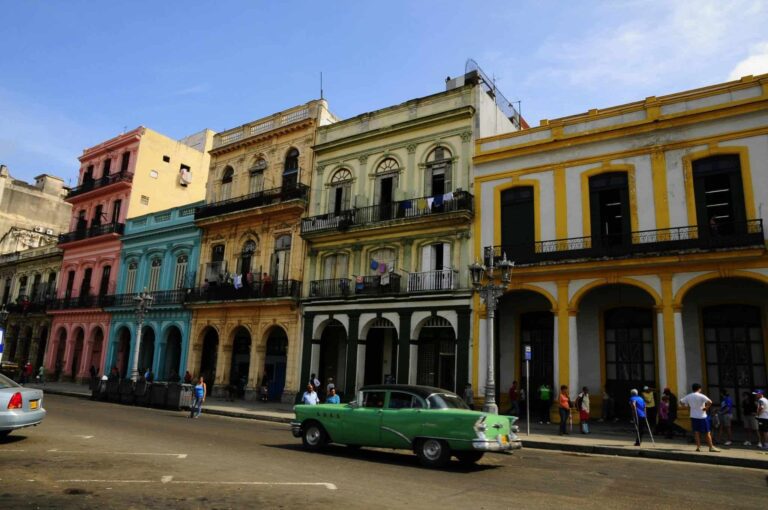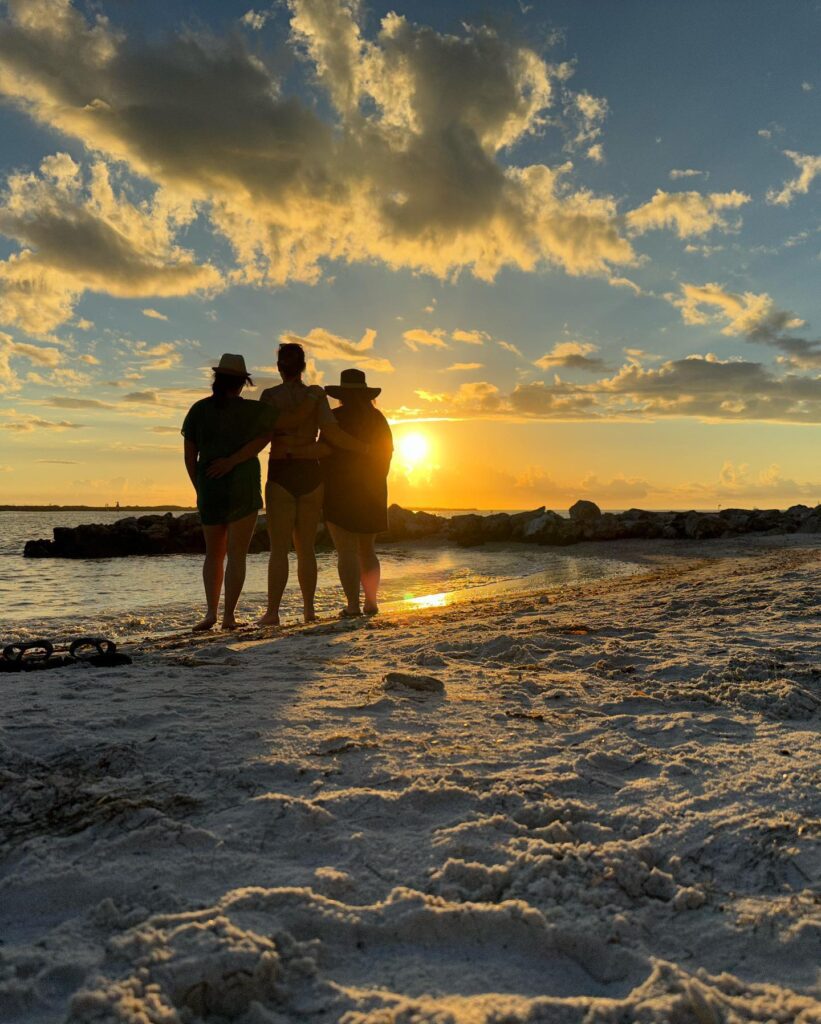Cuba: land of rum, rhythm, and revolutionary charm. Havana feels like stepping into a vintage postcard—but don’t let the classic cars and mojito magic fool you. Scams are as common as salsa songs drifting down the Malecón. If you’re planning to salsa your way through the capital without getting played, you’ll want this cheeky little survival guide.
Fake Cuban Cigars
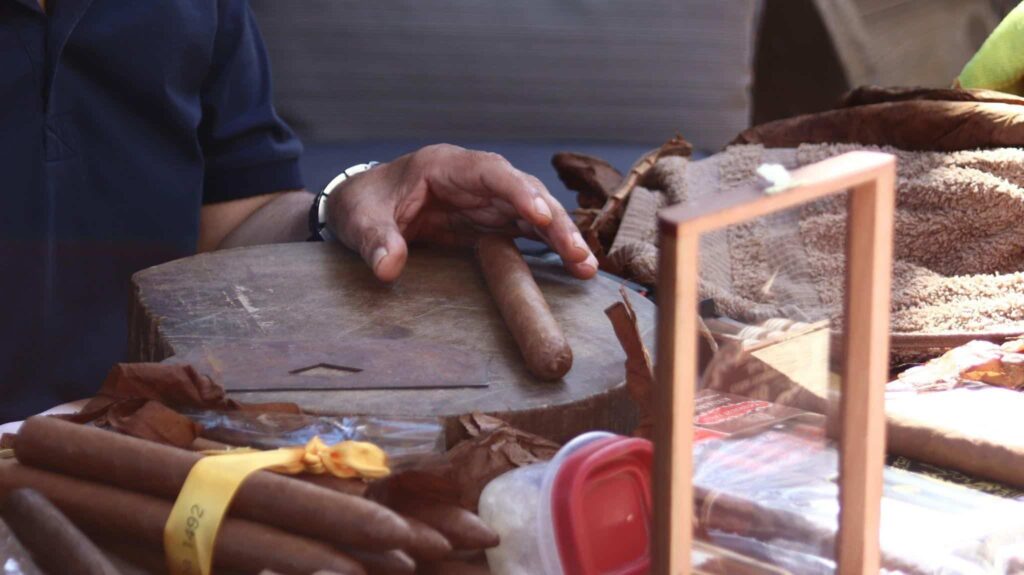 Ah, yes, the classic Cohiba con. A friendly face sidles up and offers you “premium cigars straight from the factory” at a price so good, even your uncle, who only smokes at weddings, would buy ten. Spoiler: You just bought banana leaves wrapped in dreams.
Ah, yes, the classic Cohiba con. A friendly face sidles up and offers you “premium cigars straight from the factory” at a price so good, even your uncle, who only smokes at weddings, would buy ten. Spoiler: You just bought banana leaves wrapped in dreams.
How to outsmart it: Only buy cigars from official government shops like La Casa del Habano. Look for holograms, seals, and receipts—and if it comes from someone’s backpack in an alley, just say “no fümo.”
Pro tip: The street cigar hustle often comes with a sob story—”my cousin works at the factory,” or “this is a one-time deal.” Trust your gut. A real Cuban cigar is worth the splurge when you can actually savor the experience instead of coughing through disappointment.
Restaurant Scams in Cuba
You order two mojitos, one ropa vieja, and boom—the bill arrives looking like the GDP of a small nation. Bonus points if your server suddenly speaks zero English when you point out you didn’t order four lobsters.
How to dodge it: Ask to see a menu with prices before you order, take a quick pic for receipts’ sake, and do the math as you go. Trust me, arithmetic is your new travel buddy.
Watch out for the disappearing menu trick, too: sometimes the prices magically change between ordering and paying. Also, check that the included “tax” or “service charge” hasn’t been sneakily added twice.
Being Short-Changed in Cuba
It’s a classic magician’s move: you hand over a 500 CUP note, blink, and suddenly you’re holding a 50. Ta-da! The disappearing money act.
Stay sharp: Count your change out loud and slow enough to make your elementary school teacher proud. And if the person behind the counter starts rushing you? Red flag alert.
This scam often targets tourists fresh off the plane, especially at airport kiosks, street food stands, or taxis. Keep smaller bills on hand, and don’t be afraid to pause and double-check what you’re given—awkward silence is better than silent theft.
 Counterfeit Cuban Money and Crooks
Counterfeit Cuban Money and Crooks
Fake pesos are a thing, and not the fun Monopoly kind. From street money-changers to shady taxi drivers, scammers will do their best Houdini impression with your hard-earned cash.
Be smart: Exchange money only at CADECA offices or banks. Check your bills for watermarks and texture. If it looks like it was printed on an inkjet in someone’s basement, it probably was.
Also, beware of getting CUC (the now-defunct tourist currency) instead of CUP. CUCs are no longer valid but still float around in tourist traps. If someone hands you change in CUC, hand it right back like it’s radioactive.
Fake Products in Cuba
Rum that tastes like regret. Coffee that smells like instant noodles. Souvenirs that were probably made in China last week. Yeah, fake products are everywhere.
The fix: Stick to state-run stores. If it’s half the price of the real deal and being sold out of someone’s trunk, keep walking. You’ll thank yourself later.
Artisan markets and street vendors can be charming—but verify the product first. Ask questions about origin, ingredients, or materials. If the seller fumbles or gives you a vague “my cousin made it”—you’re likely holding mass-produced fluff.
Jineteros and Jineteras
These slick street hustlers are very friendly. They want to be your tour guide, translator, new BFF, and wingman. Until the bill arrives and it turns out you’re also paying for their lunch, drinks, and possibly their cousin’s rent.
Politely nope out: You’re not rude for saying no. You’re just not in the mood to fund someone’s mojito habit today.
These folks can be persistent—charming at first, but manipulative later. They’ll appeal to your empathy or make you feel like you owe them something. Trust your instincts and disengage early if things feel off.
The “Friendly Local” Trap
You meet someone who seems genuinely excited to meet a foreigner (you!). They want to show you the “real Havana.” Ten minutes later, they need help buying baby formula. Or antibiotics. Or toothpaste for their grandmother’s neighbor’s parrot.
The trick: Recognize the pattern. If the friendliness comes with a sales pitch, you’re the target, not the friend.
Sometimes, this scam evolves into the “emergency family need” scenario—heart-wrenching stories that make you want to help. Sadly, it’s often rehearsed. Being kind doesn’t mean being gullible. You can be generous elsewhere.
“A Gift for You, My Friend”
It starts with a flower, bracelet, or handmade trinket. You smile, say thanks, and boom—they’re holding out their hand for a tip. That freebie? Not so free.
Avoid it: Don’t take anything you didn’t ask for. Smile, decline, and keep moving like a Cuban classic car with somewhere to be.
It’s especially common in touristy areas like Old Havana. If something is thrust into your hand unexpectedly, consider it a transaction, not a token of kindness. Returning it with a polite “no gracias” will save you the guilt and the cash.
PSA: Nothing is free. Even compliments sometimes come with a price tag.
Tipping Expectations in Cuba
Everyone. Wants. A. Tip. From the hotel doorman to the kid who pointed vaguely toward a street you were already walking down. It’s a cultural thing, sure. But it can feel like a full-time job.
Best move: Carry small bills and tip for actual services. You’re not an ATM with legs, despite how it may feel.
Locals often rely on tips to supplement extremely low government wages, which can make tipping feel like a social obligation. Still, you’re not obligated to hand out coins like a carnival game. Tip fairly, not fearfully.

Final Thoughts and Travel Tips
Cuba is magical, chaotic, soulful, and yes—a little scammy. Don’t let the hustlers kill your vibe. Just pack a sense of humor, a little street smarts, and maybe a few extra pesos for the inevitable surprises.
Did you get hustled in Havana? Outsmart a scammer? Drop your story in the comments and let’s swap tales over digital daiquiris. Cheers to safe, scam-free adventures!

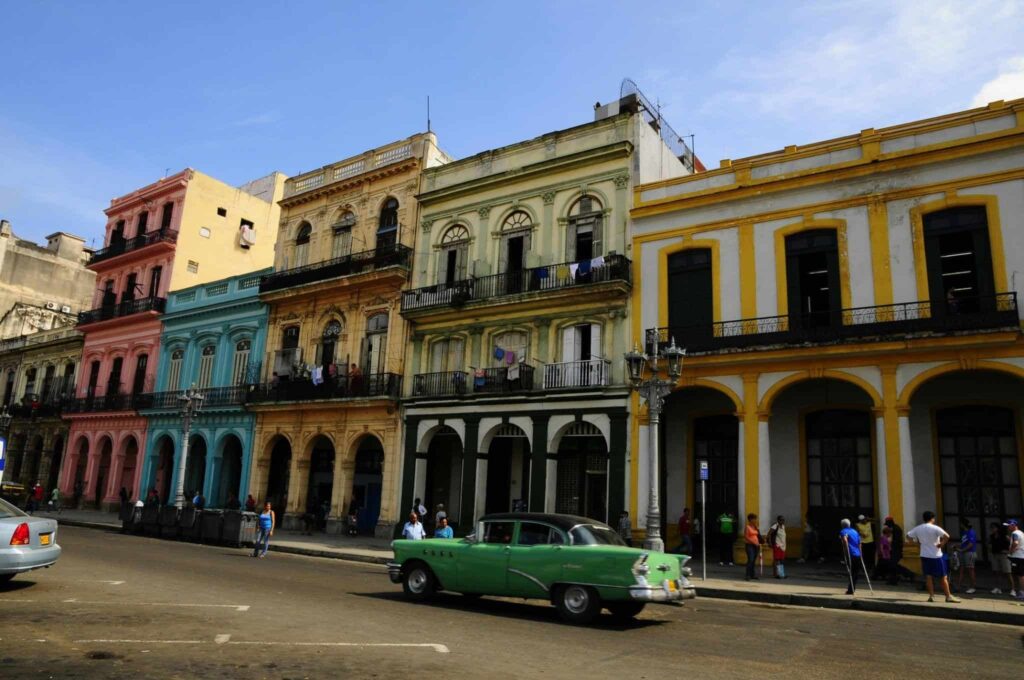
 Counterfeit Cuban Money and Crooks
Counterfeit Cuban Money and Crooks